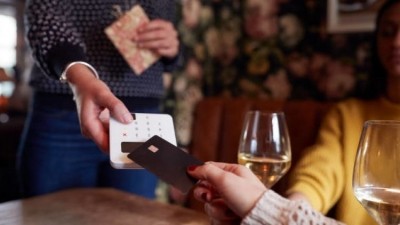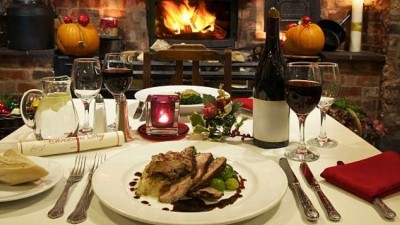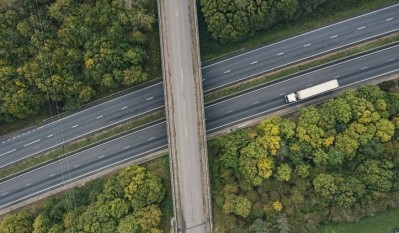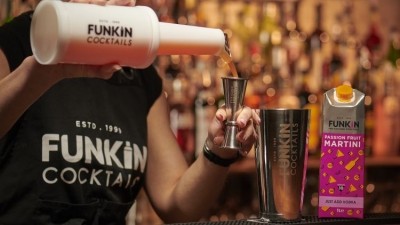Covid Passes would put ‘completely unjustified burden’ on Welsh hospitality
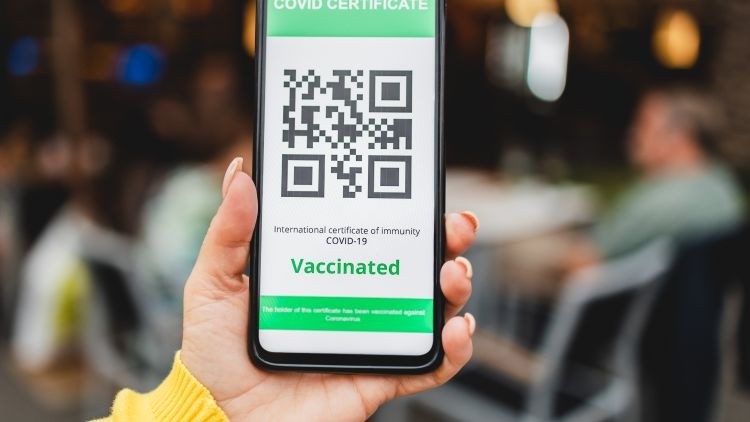
Bosses believe Covid Passes, which could become a requirement in Welsh pubs, bars and restaurant from 19th November, would deliver a fatal blow to the hospitality sector and will sink hundreds of pubs.
First Minister Mark Drakeford said in a cabinet statement on 29th October: “To strengthen protective measures at alert level zero, we intend to extend the use of the Covid Pass, making it a requirement for entrance to cinemas, theatres and concert halls from 15 November, subject to a debate and vote in the Senedd.”
He continued: “If the public health situation does not improve, the next review of the coronavirus regulations will consider a further expansion of the Covid Pass to include more hospitality settings.”
When asked the specific measures being considered in the Covid pass rollout, he said: “The hospitality industry needs to use the next three weeks to prepare for the possibility that Covid passes might need to be introduced in that setting, so there’s a specific example of an action we could take in three weeks’ time.”
Legal backlash
The legal challenge has been launched by Matt Connolly, the owner of the Sticky Fingers Street Food restaurant in Cardiff, who launched similar action in April last year after the industry struggled when leaders failed to set out an opening date for indoor hospitality.
The entrepreneur has hired JMW to take the government to task on the mooted policy, which he branded “completely impractical and wholly unworkable” as well as a death sentence for hundreds of pubs.
A letter has been sent to the Welsh Government asking them to engage in an open consultation process with Connolly and others with relevant experience: a deadline of Friday 5th November is set for the Government to respond.
Connolly: “[Covid passes] would add significant running costs to an extremely fragile industry and would be impossible to enforce.
“We need clarity on the plans rather than vague comments around being prepared yet being left in the dark - the preparation alone would come at a huge cost in hiring more staff and introducing new procedures and processes, it isn’t a quick fix; it’s a massive undertaking.
“[…] It does feel like the hospitality industry is being scapegoated yet again.”
Partner at JMW Solicitors Oliver Wright said Covid passes would put “excessive and a completely unjustified burden” on an industry still reeling from the pandemic’s early stages.
He said: “The cost impact would be huge - for our client, it would mean an extra £10,080 a month to monitor a single entrance and would be even higher for venues with multiple entrances.”
A Welsh Beer & Pub Association spokesperson said: “Any consideration by the Welsh Government to enforce vaccine passports on the hospitality sector is concerning.
"Case numbers are falling in Wales, so bringing in this measure would be counter-productive and put brewers and pubs in jeopardy even though data shows hospitality not to be a significant source of transmission. It must be avoided.”
Serious hard graft
Chief executive of Creative Hospitality Group Bruno Nunes said there was a “huge lack of trust” in Welsh government, and a vaccine passport would “vilify” the hospitality sector.
Nunes said despite employing 10% of the population, with staff often spending a lifetime learning product knowledge, food safety, music and event management, and security and licensing, the industry was belittled by politicians, with the First Minister Mark Drakeford stating he wasn’t “an agony aunt for hospitality”.
Nunes said: “Our sector gives the perception because we do business in socialising, we must therefore be a problem, but the thing is, socialising is a basic human need for most people, and they will do it regardless of the rules.”
Nunes labelled the industry a “shock absorber in society” due to the heightened rates of anti-social behaviour, alcohol related deaths, and violence against women when the sector closed.
He said: “Close our venues, and socialising will happen elsewhere, unsupervised.”
Nunes said data indicated no significant spike when the hospitality sector re-opened three times, yet the focus continues to be on hospitality rather than other settings such as retail or schools.
He said: “Our business is lucky that as a whole we’ve shown above average growth vs. 2019 since re-opening, but this is nothing but fruit of serious hard graft from our team who have all invested in the right places.”
